Directory
- Share
Karen Dominguez Mendoza
- Scholar
- Colombia
- 2023 PhD Latin American Studies
- Downing College
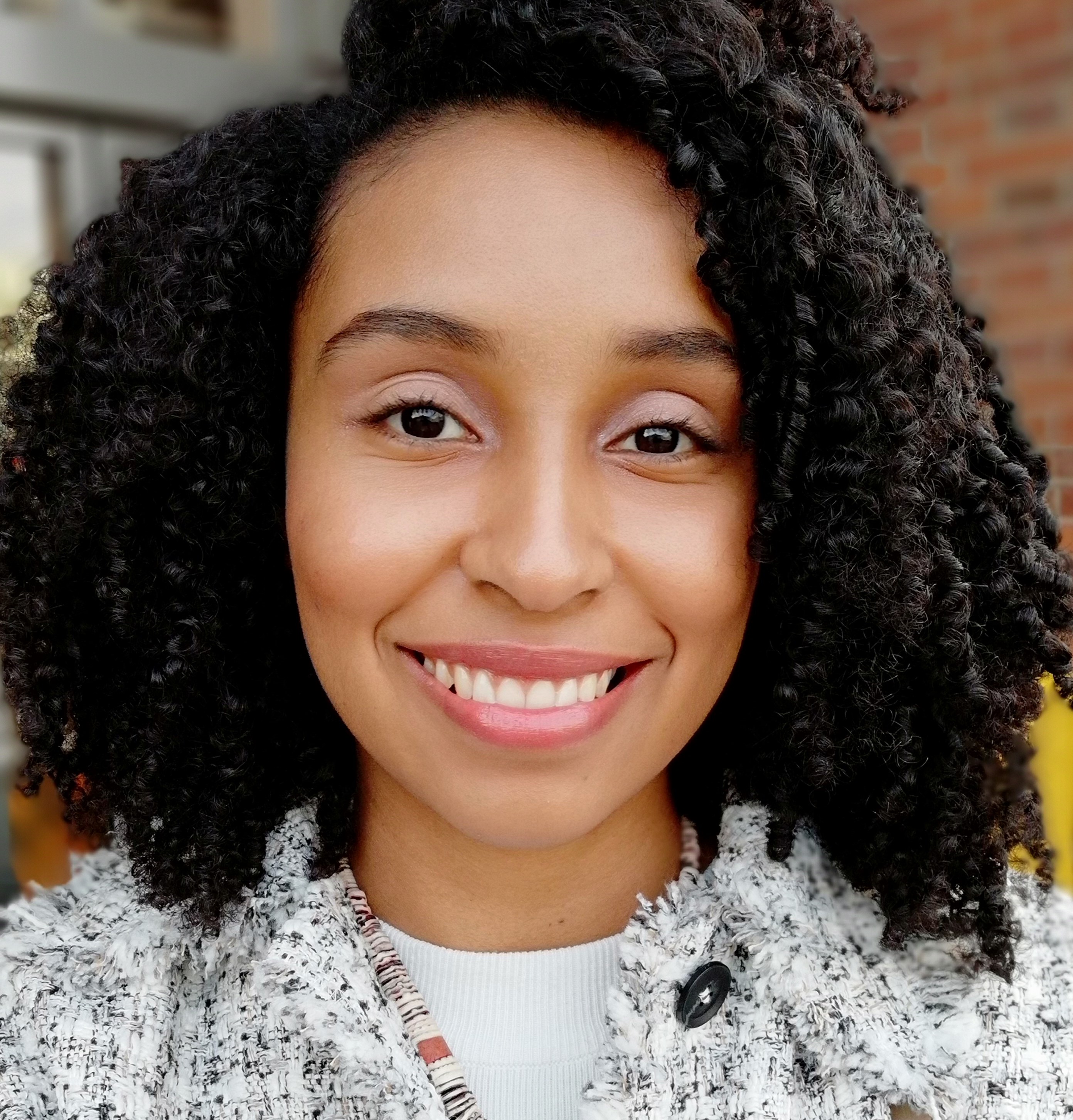
Karen Dominguez Mendoza
- Scholar
- Colombia
- 2023 PhD Latin American Studies
- Downing College
I developed a keen interest in researching the interlinkage between anti-racism, Afro-hair aesthetics, and ethnic entrepreneurship as an undergraduate in Political Science and Conflict Resolution at Universidad del Valle (Cali, Colombia). This nexus was rooted in my lived experience as a Black woman with “kinky” hair. Thanks to further engagement with Afro-hair grassroots organizations, I wrote my undergraduate thesis on the resistance strategies Black women undertake through their hairstyles —an article that was published in a Colombian academic journal. This work serves as the foundation for pursuing my PhD in Latin American Studies at Cambridge. I aim to unveil the extent to which and how entrepreneurial anti-racism might be contesting and reshaping economic dynamics for Black women in the country, crafting different economic narratives and dynamics of local development. Moreover, I did my Master’s degree in Development and Governance at the Universität Duisburg-Essen (Germany) as a DAAD- Helmut Schmidt scholar. My Master’s thesis examined reparation policies and cultural repertoires in Afro-Colombian communities. I have significant working experience in the civil society and corporate sectors in my homeland, Colombia.
Previous Education
Universität Duisburg-Essen Development and Governance 2022
Universidad del Valle Political Science and Conflict 2020
Links
Lena Dorfschmidt
- Alumni
- Germany
- 2018 PhD Psychiatry
- Darwin College

Lena Dorfschmidt
- Alumni
- Germany
- 2018 PhD Psychiatry
- Darwin College
During my undergraduate studies in Cognitive Science at Osnabrück University in Germany I became interested in machine learning and graph theory. I joined professor Henrik Walter’s lab at Charité University in Berlin, Germany, and worked with Dr. Jonathan Clayden at the Developmental Imaging and Biophysics Unit at University College London, UK. I am fascinated by a graph-theoretical approach to the study of whole-brain network organization in health and disease. Psychiatric illnesses, like mood disorders, often impede with our ability to lead independent and self-determined lives. With my research, I aim to contribute to a better understanding of such illnesses in order to develop biomarkers that allow for the effective detection, prediction and discrimination of mood disorders. At Cambridge I will be doing a PhD in Psychiatry, studying trajectories of brain network development, adolescent depressive symptoms and mood disorder. I will combine multimodal MRI metrics of network organization with machine learning tools to identify network phenotypes that are most predictive of subclinical depressive symptoms and depressive disorder.
Previous Education
University of Osnabruck
Niño Jan Pol Dosdos
- Scholar
- Philippines
- 2025 MPhil Social Anthropological Research
- Homerton College
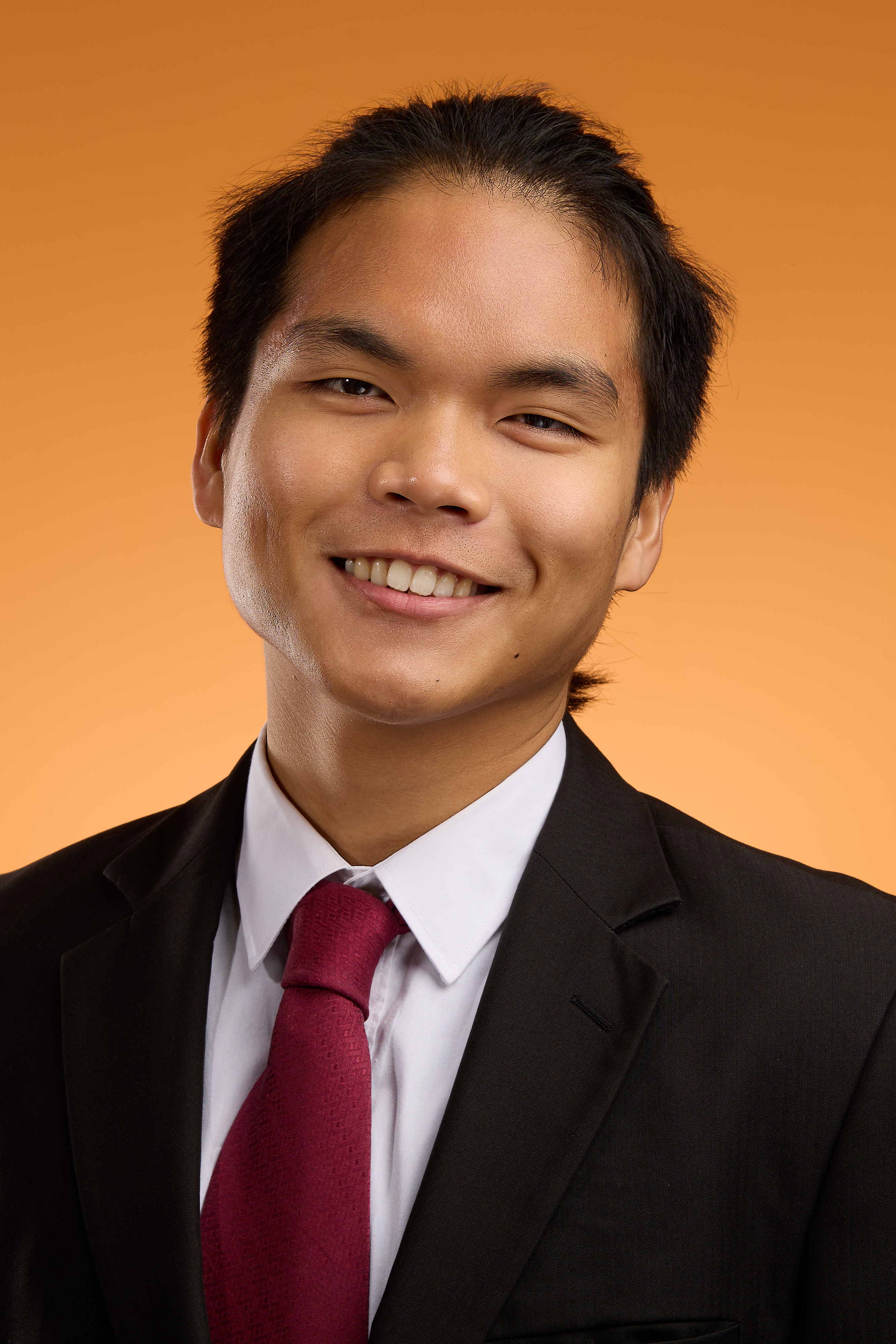
Niño Jan Pol Dosdos
- Scholar
- Philippines
- 2025 MPhil Social Anthropological Research
- Homerton College
Born and raised in Pagadian City, Mindanao, my volunteer work with indigenous, urban poor, and rural communities has inspired my academic pursuits. At the University of Toronto, my studies in Anthropology and Public Policy, along with a minor in Contemporary Asian Studies, have provided me with a rigorous and supportive research environment. From my hometown, where I supported the revitalization of culinary traditions, to Newfoundland, where I employed walking methodologies to study the Filipino diaspora, my passion for connecting and engaging with people complements my background in anthropology—a discipline that seeks to make sense of human differences and interrogates what it means to be human. My MPhil in Social Anthropological Research aims to pioneer an anthro-historical inquiry into the North Borneo/Sabah territorial dispute. I hope to explore how competing colonial interpretations of a contract have laid the groundwork for post-war contestations that obscure indigenous understandings of land and water. As a Gates Cambridge scholar, I aspire to contribute to decolonial efforts by analyzing language and power structures and re-centering local communities in discussions about the pressing issues of our time.
Previous Education
University of Toronto Anthropology and Public Policy
Tristan Dot
- Scholar
- France
- 2022 PhD English
- St John's College
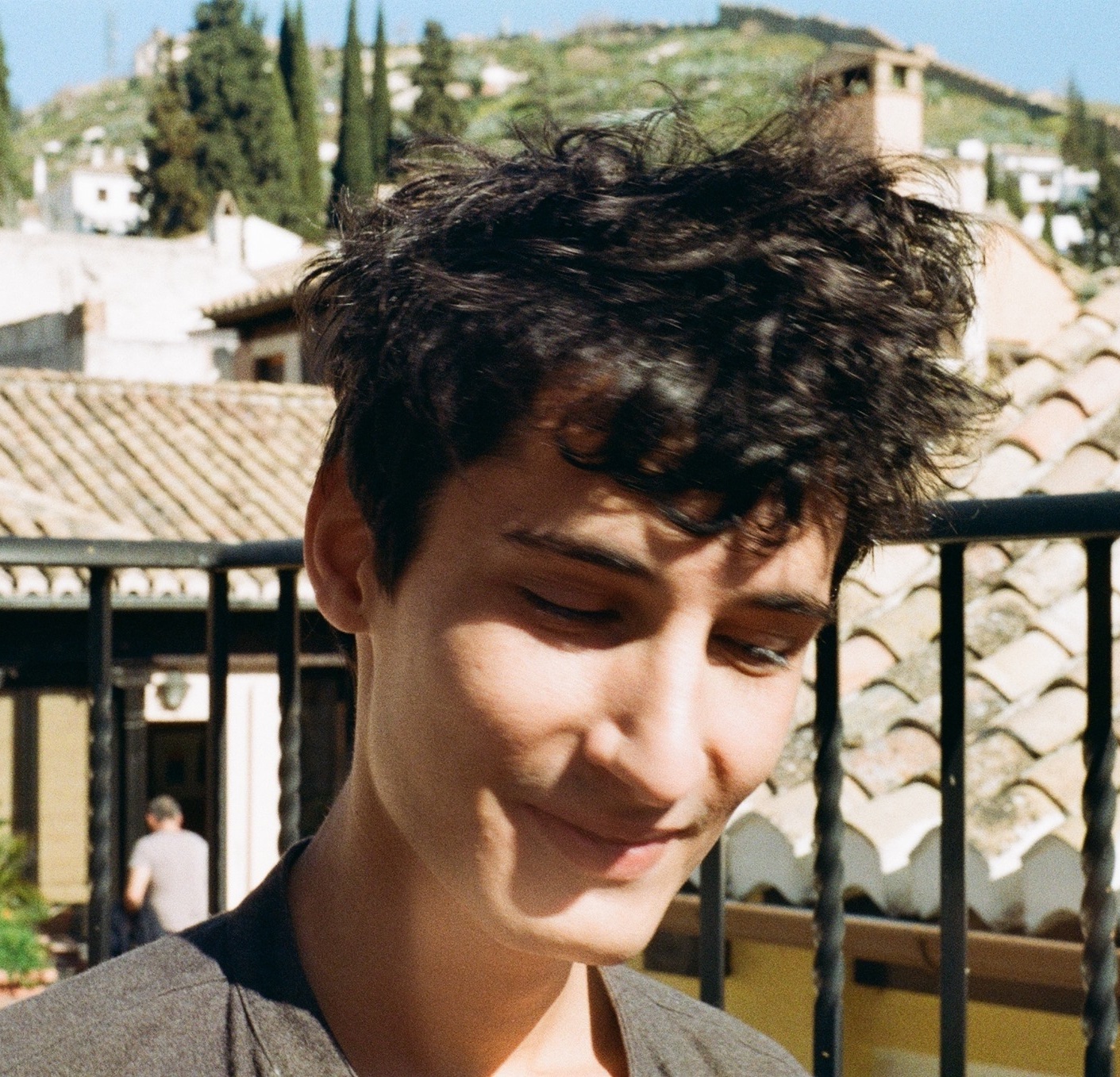
Tristan Dot
- Scholar
- France
- 2022 PhD English
- St John's College
Coming from a double background in Mathematics applied to Computer Vision and in Art History, I have always thought that these two disciplines -as they both essentially study images- could thrive from one another. During my PhD at Cambridge, I will study what can be called 'computational formalism': the automatic analysis of images, treated as digital data, through computational methods. Millions of images circulate every day through global networks, and are constantly analysed by Artificial Intelligence (AI) models. More and more, the same AI models are used in Art History and Visual Studies to develop inventive digital methods, helping to study large-scale datasets outside the canon. To question these uses of AI, I will try to determine the place of computational formalism in the historiography of formalism. This methodological work of recontextualisation will lay the ground for a critically-informed use of computational methods in Art History, and will allow us to better understand AI-encoded digital images. In particular, I am convinced that Art History will help us determine the issues of power, domination and invisibilisation at stake behind the circulation of digital images nowadays - this is one of my research goals.
Previous Education
Univ. Paris1 Panthéon-Sorbonne History of Contemporary Art 2022
Univ. Paris1 Panthéon-Sorbonne Art History and Archeology 2021
Ecole Normale Supérieure de Cachan Math, Vision, Machine Learning 2020
Karly Drabot
- Alumni
- Canada
- 2016 PhD Psychology
- Downing College
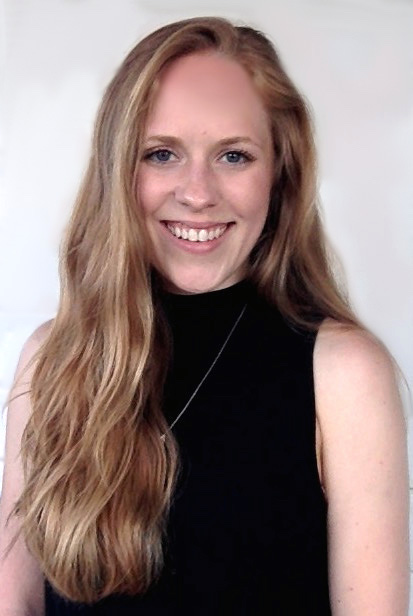
Karly Drabot
- Alumni
- Canada
- 2016 PhD Psychology
- Downing College
Finding creative, effective ways to reduce inequity and improve wellbeing makes me tick. I was fortunate to explore this passion through the lens of research as an undergraduate psychology student, research assistant, and research coordinator at the University of British Columbia. From investigating the effects of gender stereotyping and stereotype threat on perceived leadership aptitude, to designing a knowledge translation study to improve the health of men who have sex with men, to conducting community-based research to identify innovative methods of end-of-life care, I developed a fascination for the profound impact research could have on individuals, communities, and systems. During my MPhil in Social and Developmental Psychology at Cambridge, I examined the differential relationships between domains of gender typicality and psychosocial wellbeing. The aim of my PhD project is to design, deliver, and evaluate psychological interventions to improve gender diversity, equity, and inclusion.
Previous Education
University of Cambridge
University of British Columbia
Michael Drakopoulos
- Alumni
- United States
- 2017 MPhil Medical Science at the CIMR
- Churchill College
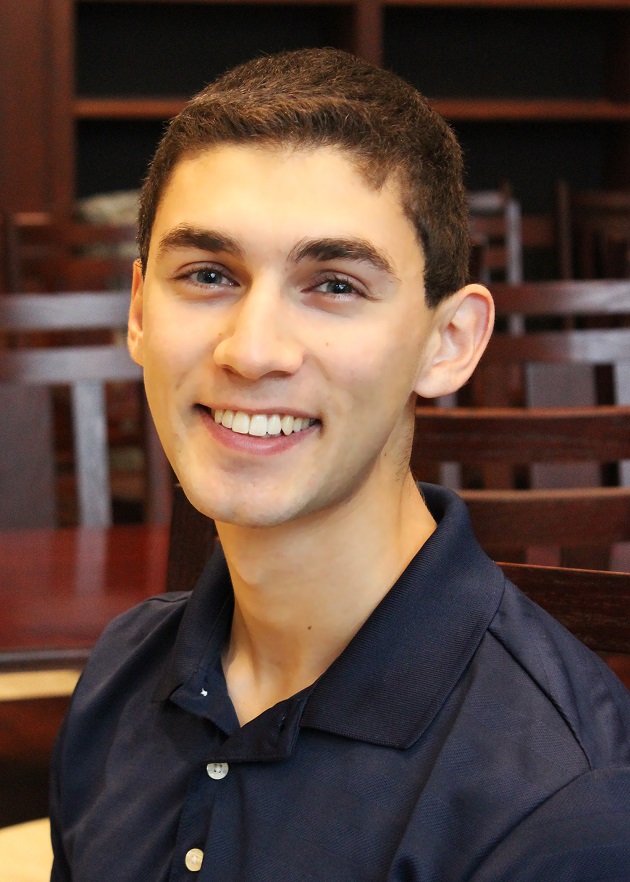
Michael Drakopoulos
- Alumni
- United States
- 2017 MPhil Medical Science at the CIMR
- Churchill College
I believe that the purpose of science is to understand, the purpose of medicine is to cure, and the purpose of engineering is to improve quality of life. I studied biomedical engineering at Purdue University seeking to bring regenerative medicine into widespread clinical practice. My research at the U.S. National Heart, Lung, and Blood Institute convinced me that regenerative blood therapies will be the first sub-field to see widespread clinical translation, and I will study such a therapy during my MPhil at Cambridge. Beyond learning the scientific techniques required for the creation of regenerative blood therapies, I also wish to understand the regulatory, economic, and ethical challenges brought about by the approval of such treatments. At Purdue, my developmental biology research, genetic engineering policy work, and efforts in co-founding a nationally-awarded medical device design team led me to take a broad perspective incorporating pragmatic approaches to therapy development, approval, and adoption. I wish for regenerative treatments to reach all those who need them across the globe, and I intend to identify and work through the barriers to this goal, scientific and otherwise. I am honoured and humbled to join the Gates Cambridge community, and I look forward to working with this incredibly diverse group of individuals united in the goal of leading efforts to improve the lives of others.
Previous Education
Purdue University
Elzbieta Drazkiewicz
- Alumni
- Poland
- 2007 PhD Social Anthropology
- Pembroke College

Elzbieta Drazkiewicz
- Alumni
- Poland
- 2007 PhD Social Anthropology
- Pembroke College
My research, based on my fieldwork in South Sudan and Poland, is concerned with the study of the developmentalists movements, with a special emphasis on the so-called “emerging donors”. I am specifically interested in the role of individual motivations and personal call for development practice. How do private passions, world visions, and sentiments render and translate into the institutionalized and organized world of the international aid system? What drives people and their organizations to work outside their familiar home setting for distant Others?
Previous Education
Warsaw University MA in Ethnology and Cultural Anthropology 2005
Lund University, Sweden MA in Social Anthropology 2003
Justine Drennan
- Alumni
- United States
- 2011 MPhil International Relations
- Selwyn College

Justine Drennan
- Alumni
- United States
- 2011 MPhil International Relations
- Selwyn College
During my year at Cambridge, I researched the growth of eastern Chinese political control in China’s Xinjiang Uyghur Autonomous Region, focusing on the demolition of Kashgar’s Old City.
Derek Driggs
- Alumni
- United States
- 2017 PhD Applied Mathematics
- Downing College
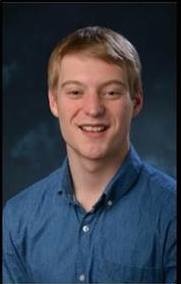
Derek Driggs
- Alumni
- United States
- 2017 PhD Applied Mathematics
- Downing College
After growing up in Golden, Colorado, USA, I completed my Bachelor's and Master's degrees in Applied Mathematics at the University of Colorado Boulder. During my time at CU Boulder, I focused my research on developing algorithmic tools for the analysis of large data sets, especially fMRI brain scans. At Cambridge, my research will involve creating machine-learning algorithms to solve imaging problems. I hope to investigate applications in medical imaging, using intelligent machines to assist medical practitioners in diagnostics.
Previous Education
University of Colorado at Boulder
Sarah Dry
- Alumni
- United States
- 2003 PhD History & Philosophy of Science
- St John's College

Sarah Dry
- Alumni
- United States
- 2003 PhD History & Philosophy of Science
- St John's College
I am currently working as a writer and historian of science. I am working part-time as a researcher on the Leverhulme-funded Making Climate History project based at Cambridge, where I am researching the history of climate science in the period 1965-1988. I am also working on a book on the history of computer models and the quest to save the planet. I am the author of Waters of the World (Chicago/Scribe, 2019), a history of climate science in six lives; and The Newton Papers (OUP, 2014), a history of Newton's private manuscripts. From 2016-2021 I was a trustee of the Science Museum Group. I am currently on the board of The Oxford Trust.
Ludmila Du Bouchet
- Alumni
- France
- 2003 MPhil MPhil International Relations
2004 PhD International Relations - Trinity College

Ludmila Du Bouchet
- Alumni
- France
- 2003 MPhil MPhil International Relations
2004 PhD International Relations - Trinity College
My research seeks to rethink state formation in the non-European world by moving away from the dominant inside/outside analytic divide. State formation is forged out of the mutually constitutive relationships between national and global processes. Using Yemen as a case study, I look at the reconfiguration of the Yemeni state in the context of the US-led 'Global War on Terror'. This research has involved considerable fieldwork in Yemen since 2001.
Kateri DuBay
- Alumni
- United States
- 2002 MPhil Chemistry
- Peterhouse

Kateri DuBay
- Alumni
- United States
- 2002 MPhil Chemistry
- Peterhouse
Rumbidzai Dube
- Alumni
- Zimbabwe
- 2019 PhD Politics and International Studies
- Lucy Cavendish College
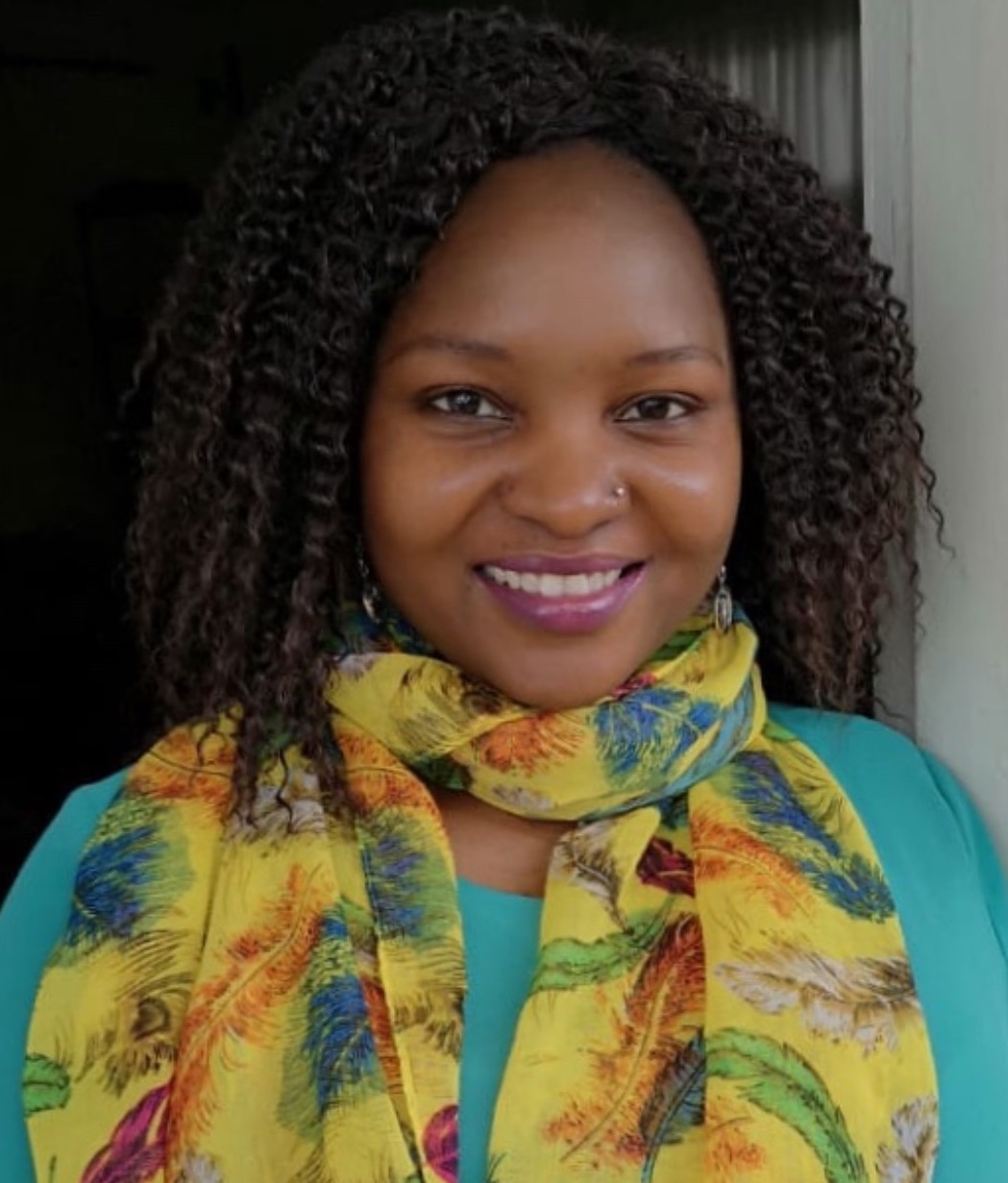
Rumbidzai Dube
- Alumni
- Zimbabwe
- 2019 PhD Politics and International Studies
- Lucy Cavendish College
I am a pan-African feminist lawyer, born and raised in Zimbabwe. My interest in international affairs began at the tender age of 6, nurtured by my mother - a community development worker and my father - an educationist. I studied law at the University of Zimbabwe (LLB) and the University of Pretoria (LLM). Before coming to Cambridge for the MPhil in African Studies, I had over a decade of professional experience working in the development sector in Zimbabwe, South Africa, The Gambia, Ethiopia and Egypt with various NGOs, INGOs and IOs, including the African Union and the United Nations. My experiences stoked a desire to deconstruct the context in which Africa’s challenges persist, in particular how the African Union navigates Africa's positioning within a hierarchical global order. On the PhD in Politics and International Studies at Cambridge, I will interrogate the politics of territoriality within the contemporary regional politics of the African Union. The thesis will explore how historical trajectories of international law shape contemporary realities, by examining how the AU addresses questions of territoriality in maritime governance, the border politics of the continent and international criminal justice.
Previous Education
University of Cambridge African Studies 2019
University of Pretoria International Law 2010
University of Zimbabwe Bachelor of Laws 2007
Ryan DuChanois
- Alumni
- United States
- 2016 MPhil Engineering for Sustainable Development
- Darwin College

Ryan DuChanois
- Alumni
- United States
- 2016 MPhil Engineering for Sustainable Development
- Darwin College
Ryan DuChanois is a Ph.D. Candidate and National Science Foundation Graduate Research Fellow in the Department of Chemical and Environmental Engineering at Yale University under the supervision of Professor Menachem (Meny) Elimelech. Ryan received a B.S. in Civil Engineering from the University of Arkansas summa cum laude and was the top graduate in the College of Engineering. Ryan also was a Gates Cambridge Scholar at the University of Cambridge, where he completed an MPhil in Engineering for Sustainable Development and received the Water Conservators Best Dissertation Prize. Now at Yale, Ryan takes inspiration from biological channels and seeks to develop a synthetic membrane able to selectively remove a single species from water, such as a contaminant or valuable resource.
Previous Education
University of Arkansas
Robert Dudas
- Alumni
- Hungary
- 2001 PhD Psychiatry
- Robinson College

Robert Dudas
- Alumni
- Hungary
- 2001 PhD Psychiatry
- Robinson College
Karen Duffy
- Alumni
- United States
- 2016 PhD Bio Sci @MRC Lab for Molecular Biology
- Churchill College
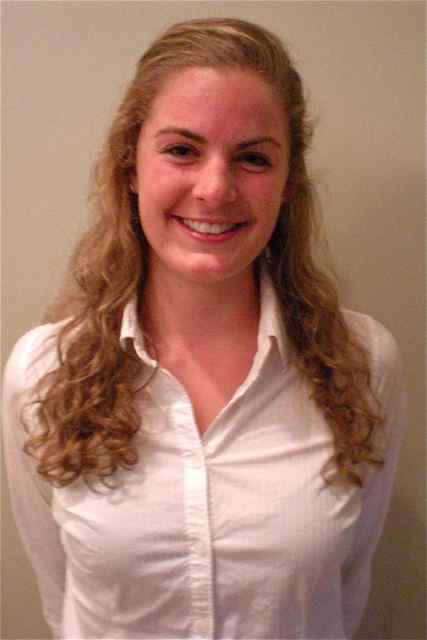
Karen Duffy
- Alumni
- United States
- 2016 PhD Bio Sci @MRC Lab for Molecular Biology
- Churchill College
I grew up just outside Boston and studied biomedical engineering at Cornell University. Since graduating two years ago, I’ve been working in the pharmaceutical/biotech industry, where I’ve experienced firsthand the impact that great scientists can have in the lives of patients. I am exited about the potential of entirely new therapeutic modalities to bring step changes in our ability to prevent, treat, and cure disease. At Cambridge, I will undertake a PhD in molecular biology, where I will expand upon the chemistry of DNA and RNA to develop novel synthetic genetic polymers. Through this chemical diversification, I hope to engineer new biopolymers with advantageous properties for therapeutic applications. I am honored to join the diverse, vibrant, and compassionate Gates community.
Previous Education
Cornell University
Links
Whitney Duim
- Alumni
- United States
- 2005 MPhil Chemistry
- Wolfson College
Whitney Duim
- Alumni
- United States
- 2005 MPhil Chemistry
- Wolfson College
I am thrilled to be studying at Cambridge this year. I will be conducting research in the laboratory of Dr. Stuart Clarke in colloid and interface science. At Cambridge I look forward to gaining an international perspective on my study of chemistry and meeting students from around the world. After obtaining a chemistry MPhil from Cambridge I will attend Stanford University to earn a PhD in chemistry. In the future I hope to become a professor as I love to research and teach.
Elizabeth Duncan
- Alumni
- Canada
- 2019 MPhil English Studies
- Lucy Cavendish College
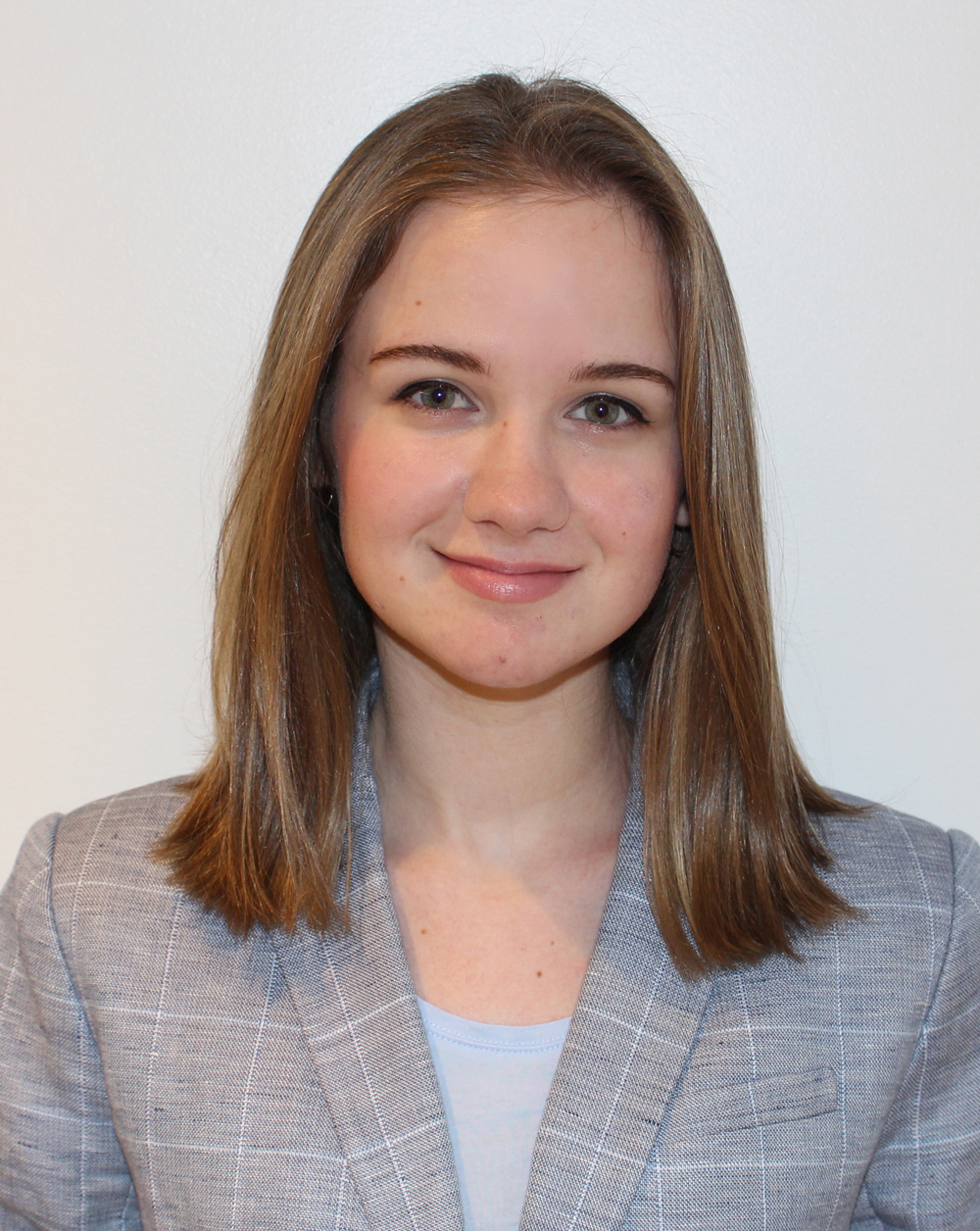
Elizabeth Duncan
- Alumni
- Canada
- 2019 MPhil English Studies
- Lucy Cavendish College
I grew up in British Columbia, Canada and completed my BA in History & Literature at Harvard University, graduating magna cum laude with highest honors in 2019. During my time as a Gates Scholar I received an MPhil in English in Eighteenth-Century and Romantic Studies. My research at Cambridge focused on conceptions of gender relations in English imaginative literature of the 1720's-30's. I am now studying for a J.D. degree at Harvard Law School and hope to pursue a legal career specializing in entertainment, media, and the arts.
Previous Education
Harvard University History & Literature 2019








